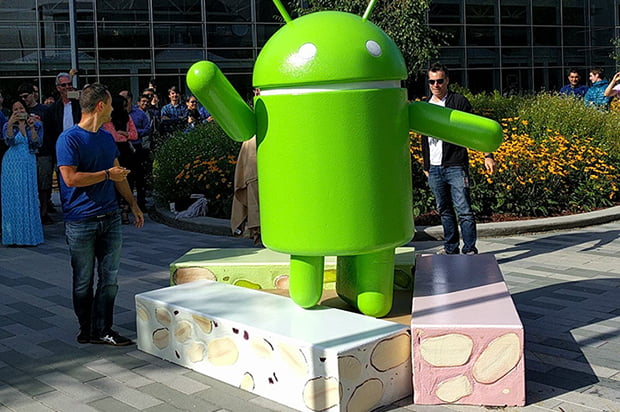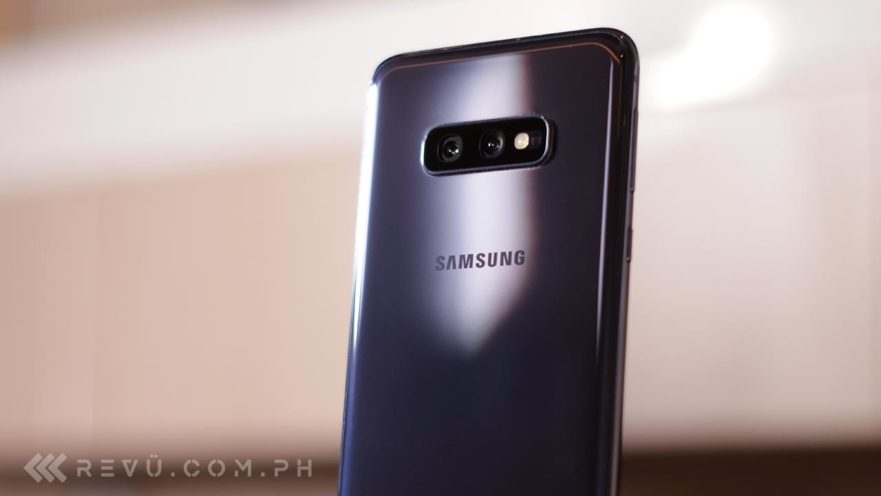Android is, by far, the most popular operating system, running on 2.5 billion devices and more than 80% of smartphones around the world. It’s also pretty much synonymous with American tech giant Google, which bought Android in 2005.
But did you know that Android was pitched to Samsung before it was acquired by Google? What’s even more surprising, at least to us with the benefit of hindsight, is that Samsung actually laughed at the idea of Android dominating a market led by Symbian and Windows Mobile.
SEE ALSO: Apple, Samsung, Xiaomi phones dominate 2019 rankings
In his book Dogfight: How Apple and Google Went to War and Started a Revolution, author and contributing editor at Wired magazine Fred Vogelstein described a meeting that took place in 2004 in Seoul where Andy Rubin, the founder of Android, and his team presented the mobile to a room full of Samsung executives.
The story goes that the people from Samsung thought Rubin had too much confidence in his product despite having only a handful of developers working on it. At one point, he was asked if he was high on drugs. Recalling the details of the said meeting, Andy Rubin said, “They laughed me out of the boardroom.”
Recalling the details of a meeting that took place in 2004 where Android founder Andy Rubin and his team presented the mobile to Samsung executives, Rubin said, ‘They laughed me out of the boardroom’
Rubin would later on get his validation after selling Android to Google for a cool $50 million, and was named its senior vice president of mobile and digital content. He also received a call from Samsung about Android after news broke out that Google wanted to purchase it, but by that time, it was already too late.
And it was probably for the best, too. Android blossomed under Google’s online-first direction, and it became a key piece of the company’s ad and mobile strategy. Without it, Gmail and YouTube probably wouldn’t be as popular as they are today.
Google ending up buying Android was probably for the best. Android blossomed under Google’s online-first direction, and it became a key piece of the company’s ad and mobile strategy
Of course, Samsung has benefited and continues to benefit from a Google-backed Android as the world’s top smartphone vendor. It tried to create its own version of Android. However, Tizen OS never got off the ground, and it didn’t have many good apps.
Even if it did manage to get its hands on Android years ago, we’re not so sure it could develop the OS into a viable alternative to what Nokia and other OEMs run on their devices.
READ ALSO: Using the Huawei P40 Pro without Google’s Play Store
There is also no guarantee Samsung would allow rival manufacturers to install the software on their products free of charge. And for all we know, Samsung could have been interested in developing Android for televisions and portable media players, which were popular at the time.
In any case, we’re happy that things turned out the way they did.

We’re happy that things turned out the way they did
Share this Post



